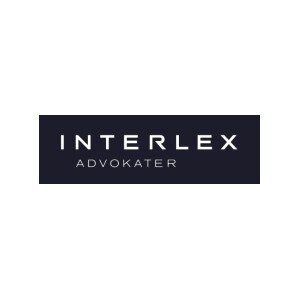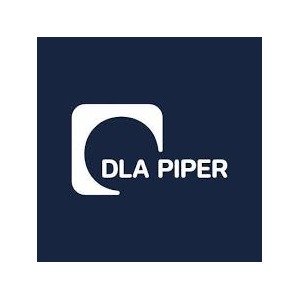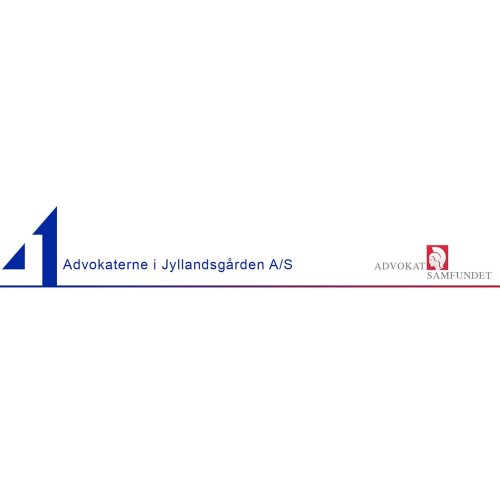Best Debt Capital Markets Lawyers in Aarhus C
Share your needs with us, get contacted by law firms.
Free. Takes 2 min.
List of the best lawyers in Aarhus C, Denmark
About Debt Capital Markets Law in Aarhus C, Denmark
Debt Capital Markets (DCM) refer to the market where companies, financial institutions, and governments raise funds by issuing debt instruments, such as bonds and notes, to investors. In Aarhus C, Denmark, the DCM sector plays a crucial role in supporting businesses and public projects by enabling access to large amounts of capital. Debt Capital Markets law governs the issuance, sale, and regulation of these debt instruments, ensuring that transactions are conducted transparently and comply with both local and European regulations.
Why You May Need a Lawyer
Navigating the Debt Capital Markets in Aarhus C can be complex due to a combination of local, EU, and international regulations. You may need a lawyer if you are:
- An enterprise looking to issue bonds or other debt securities for the first time
- A business considering restructuring or refinancing existing debt through market-based instruments
- An investor seeking to understand terms, risks, and compliance matters involved in debt securities
- An issuer or underwriter needing advice on disclosure obligations or prospectus requirements
- Experiencing a dispute or regulatory review involving debt instruments or market transactions
Legal advice is also vital for ensuring proper documentation, negotiating terms, and reducing exposure to litigation or regulatory penalties.
Local Laws Overview
Several laws and regulations govern Debt Capital Markets activity in Aarhus C:
- Financial Business Act (Lov om finansiel virksomhed): Provides the framework for financial operations and supervision in Denmark, including debt instruments.
- Danish Securities Trading Act (Værdipapirhandelsloven): Regulates the trading and issuance of securities, including those in the debt market.
- Nasdaq Copenhagen Rules: For listed debt, local stock exchange requirements must be met regarding disclosure, reporting, and governance.
- EU Prospectus Regulation: Applies directly in Denmark, setting out when a prospectus is needed to offer securities to the public or admit them to trading on a regulated market.
- Anti-Money Laundering (AML) Laws: Obligations for identifying investors and preventing illegal financial activities.
Issuers and investors should also be aware of Danish contract law, taxation rules on bond income, and record-keeping requirements.
Frequently Asked Questions
What is a debt security?
A debt security is a financial instrument representing borrowed money that must be repaid, typically with interest. Examples include bonds, notes, and debentures.
Do I need a prospectus to issue bonds in Aarhus C?
Most public offers of bonds require a prospectus that meets EU and Danish standards. However, exemptions apply, depending on the type and scale of the offering.
Can foreign companies issue debt securities in Denmark?
Yes, foreign companies can issue debt securities in Denmark, provided they comply with Danish and EU regulations, including prospectus and disclosure requirements.
What are the main regulatory bodies for DCM in Denmark?
The Danish Financial Supervisory Authority supervises compliance with financial regulations, while Nasdaq Copenhagen oversees trading for listed debt instruments.
Are interest payments on bonds taxable in Denmark?
Yes, interest income from bonds is generally subject to Danish income tax for residents. Taxation rules can vary for non-residents and some institutional investors.
How are green bonds regulated in Aarhus C?
Green bonds are subject to the same general regulations as other bonds but may additionally follow specific green finance frameworks and certification standards.
What legal risks do issuers face in the DCM?
Issuers may face risks related to disclosure, inaccurate or misleading prospectus information, breach of contract, or non-compliance with regulatory requirements.
Can I trade bonds on the Nasdaq Copenhagen?
Yes, bonds and other debt instruments can be listed and traded on the Nasdaq Copenhagen exchange, subject to meeting listing and ongoing reporting requirements.
What are covenants in DCM agreements?
Covenants are legally binding clauses in debt agreements that impose obligations or restrictions on the issuer, such as limitations on further borrowing or use of funds.
How long does it typically take to issue a bond in Denmark?
The timeline varies depending on the complexity and regulatory requirements, but most bond issuances in Denmark take from several weeks to a few months, including preparation and approval steps.
Additional Resources
If you are seeking more information or assistance, consider these resources:
- Danish Financial Supervisory Authority (Finanstilsynet): Regulator providing guides and rulings relevant to debt capital markets.
- Nasdaq Copenhagen: The stock exchange for listing and trading bonds in Denmark.
- Danish Business Authority (Erhvervsstyrelsen): Offers information on company registration and compliance.
- Local law firms specializing in Finance and DCM: Many firms in Aarhus C provide tailored advice for issuers and investors.
- Academic and business organizations: Local universities and business networks often host seminars and publish research on capital markets.
Next Steps
If you need legal assistance with Debt Capital Markets issues in Aarhus C, here are practical steps you can take:
- Define your objectives and the scope of your project or investment in the DCM space.
- Gather all relevant financial and corporate documentation for review.
- Contact a lawyer or law firm in Aarhus C with expertise in debt capital markets law.
- Prepare questions regarding compliance, structuring, and timelines for your legal consultation.
- Stay informed about key regulatory changes by consulting recommended resources and subscribing to updates.
A lawyer can help you manage legal risks, ensure regulatory compliance, and achieve your transaction goals effectively and efficiently.
Lawzana helps you find the best lawyers and law firms in Aarhus C through a curated and pre-screened list of qualified legal professionals. Our platform offers rankings and detailed profiles of attorneys and law firms, allowing you to compare based on practice areas, including Debt Capital Markets, experience, and client feedback.
Each profile includes a description of the firm's areas of practice, client reviews, team members and partners, year of establishment, spoken languages, office locations, contact information, social media presence, and any published articles or resources. Most firms on our platform speak English and are experienced in both local and international legal matters.
Get a quote from top-rated law firms in Aarhus C, Denmark — quickly, securely, and without unnecessary hassle.
Disclaimer:
The information provided on this page is for general informational purposes only and does not constitute legal advice. While we strive to ensure the accuracy and relevance of the content, legal information may change over time, and interpretations of the law can vary. You should always consult with a qualified legal professional for advice specific to your situation.
We disclaim all liability for actions taken or not taken based on the content of this page. If you believe any information is incorrect or outdated, please contact us, and we will review and update it where appropriate.

















